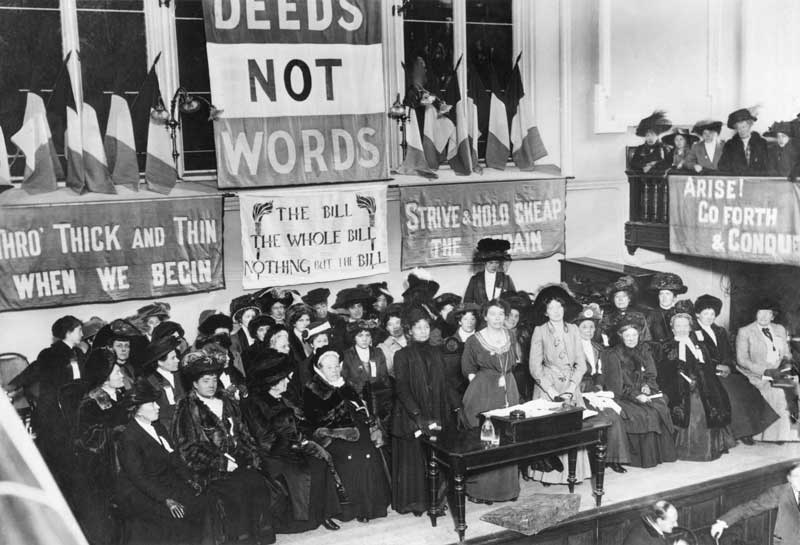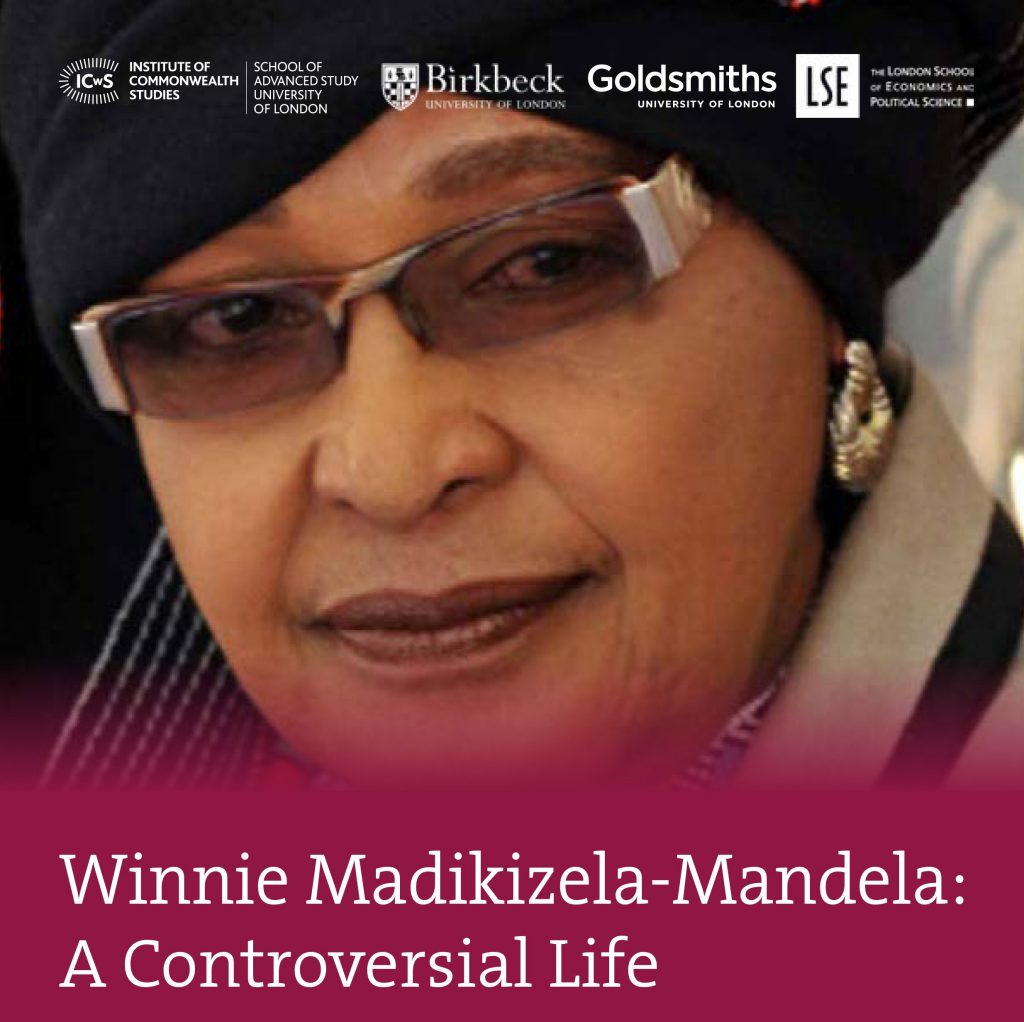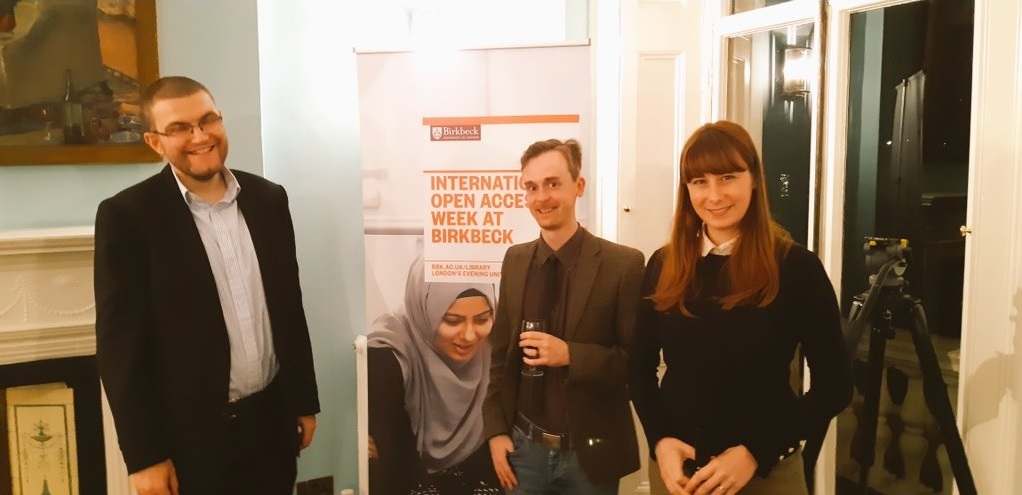On Thursday 29 November, author Bernadine Evaristo delivered an insightful lecture exploring how and why authors create voices that challenge the predominance of Standard English as the literary and cultural norm.
If you were passing the Beveridge Hall in Senate House on Thursday 29 November, you may have been surprised to hear a speaker addressing her audience in a language decidedly far from Standard English. Indeed, it wasn’t just author Bernadine Evaristo’s voice that filled the hall as she gave her fascinating lecture entitled ‘Mongrel Tongues/Mongrel Nation’, but the voices of countless others who have been left out of traditional English literature. From the pidgin English of Ken Saro-Wiwa’s Sozaboy [soldier boy] (1985) to the inner city gang slang voiced by Evaristo’s protagonist in Hello Mum (2010), this year’s William Matthews Lecture challenged our ideas of the language that should be spoken in literature, and opened the floor to include every voice in the discussion.
Following a welcome from Professor Heike Bauer, Head of Birkbeck’s Department of English and Humanities, Bernadine Evaristo, who has written eight books and numerous other publications, began the lecture with a discussion about belonging. Having grown up in Britain with a black father and a white mother, Evaristo knows what it is to feel different. Recalling the disapproval of her mother’s family when their daughter married a Nigerian, Evaristo explains “My father always said that he became a black man when he arrived in England … Black British people were not seen as fully, properly British, and from this I absorbed the concept of ‘blackness’ as a negative.” This idea was explored in her first novel, Lara (1997).
Evaristo herself felt like an outsider for much of her youth, neither fully belonging to her father’s Nigerian culture nor the British one in which she was growing up. “People don’t know you, but they think they do,” she explains, “they know ‘your kind.’” Such was Evaristo’s father’s concern that she should be fully integrated into British culture, that he deliberately avoided passing his own language and heritage onto his children. Perhaps it is due to this loss that Evaristo is determined to broaden our understanding of the value of a range of different voices in literature.
Through the evening’s discussion, Evaristo asks “Can you truly capture characters’ lives in Standard English?” Take the aforementioned Sozaboy, for example. His stream of consciousness is punctuated with non-standard phrases that form part of the pidgin English spoken by 75 million people in Nigeria. Evaristo argues that by using Sozaboy’s language, its author, Ken Saro-Wiwa, establishes the setting, society, culture and context that make up Sozaboy’s world. The use of dialect, far from patronizing the protagonist, means that “we are charmed by him”, and “when he goes to war, so do we.”
By giving the text the subtitle “A Novel in Rotten English”, Saro-Wiwa brings the discomfort that an audience accustomed to Standard English might feel on reading (and understanding) the book to the forefront. But Evaristo also draws attention to writers that go further than this, such as Junot Díaz, who leaves vast swathes of his novel The Brief Wondrous Life of Oscar Wao (2007) in Spanish, without offering his reader a convenient explanation or glossary. This act, which Evaristo dubs “assertive non-translation”, forces the reader to engage with “the bilingual and bicultural reality of the text”, and begs the question: how far can we embed foreign words and phrases in our literature, without alienating our reader?
For Evaristo, the expansion of accepted novelistic languages is a welcome one, and she argues that writers and artists should have the freedom to write from any perspective (while amused by the fact that, as a self-titled black writer, she should be seen as more limited in subject matter than a white writer, given the vast cultural richness and experiences of the 54 countries of Africa and 33 countries of the Caribbean, not to mention the Americas and Britain itself). Indeed, in her 2010 short novel Hello Mum, she sought to get inside the mind of a teenage boy, conducting extensive research in youth detention centres and carefully mimicking the style of speech she found. For, as Evaristo says, “How do we begin to claim ownership of something as nebulous and transitory as culture?” It is not the right voice, but every voice, that should be heard through literature.
The annual William Matthews Lecture at Birkbeck is made possible by a bequest from the estate of the late Professor William Matthews for a lecture on either the English language or medieval English literature.
Further information:



